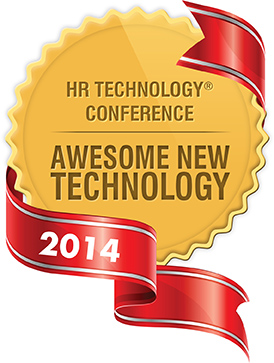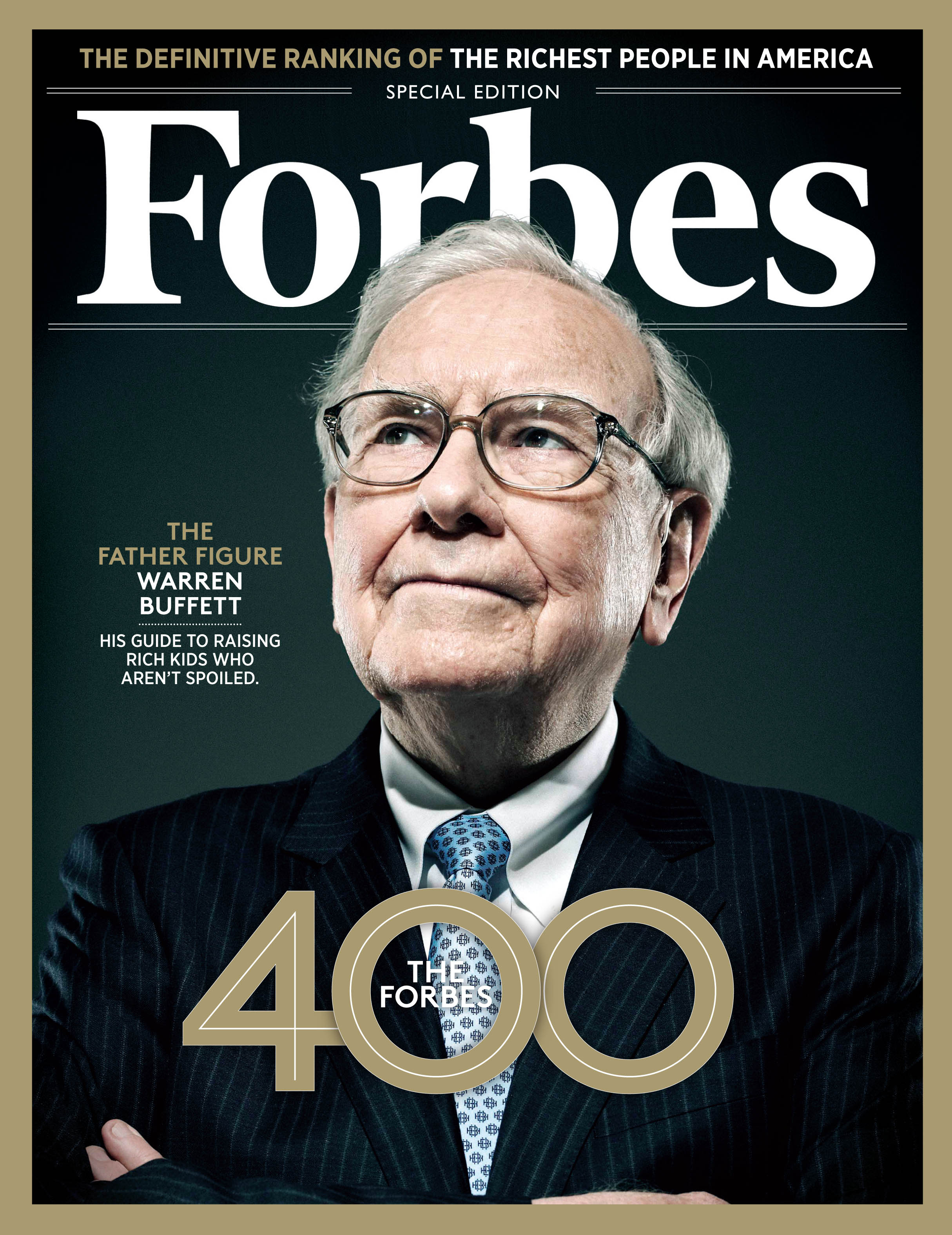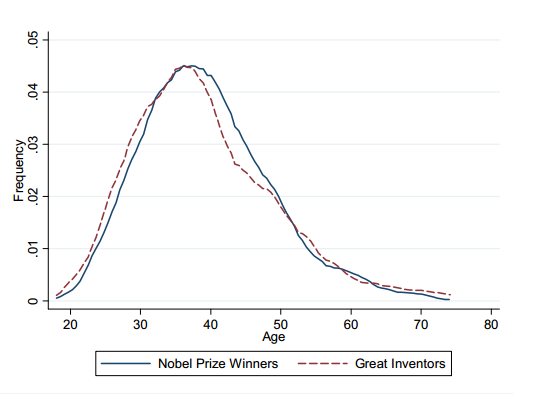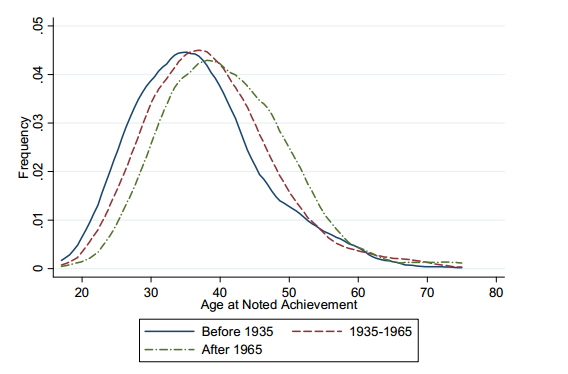Making sense of all that data
Quick shot, or rather a question for a snowy Wednesday which is this:
Just how are HR and talent leaders at organizations going to make sense of what is already the dramatic increase in workforce data from all the new and disparate sources that are now or will become available?
If you think the answer is the deployment of more software tools for creating charts, dashboards, graphics, or better visualizations of that data you might be right. Or at least partly right.
But it could be that you have already spent time and resources on these kinds of analytics tools and still find that there is a gap between the raw data and the insights you need to derive from that data. Maybe more charts and graphs are not the answer after all. Maybe charts and graphs are not enough.
But a new company called Narrative Science offers a hint about what the next step might be in data analysis technology with a solution they call Quill.
Quill is designed to examine raw data, apply complex artificial intelligence algorithms to the data, extract and organize key facts and insights from the data, and finally present that analyses of the data in a narrative, natural language format to the end user.
So instead of looking at another bar chart with a trend line or a scatter plot that leaves your mind sort of scattered, the Quill system presents a key set of interpretations, conclusions and even talking points for the users (and communicators) of the data.
Take a look at the video below from Narrative Science to see Quill in action, in the context of an investor's portfolio analysis, and think about how it seems reasonable or possible that a similar data analysis and narrative overlay could be done on all manner of HR, talent, and workforce data (Email and RSS subscribers will need to click through)
Pretty cool, right? And likely not that terribly complex once some underlying assumptions are put down.
The financial advisor gets the 'right' talking points and conclusions based on the data and the investor's profile and goals, then he/she can spend more time talking about their go-forward strategy and less time just trying to figure out what the data means. And the advisor can handle more clients too, which is certainly good for the investment firm's bottom line. Surely this has a parallel to the front-line supervisor in any field that has a dozen or more direct reports to keep on track on a daily, weekly, monthly basis.
But this kind of narrative analysis cuts out one of the chief problems of trying to implement a more data-driven decision making environment, which is answering, simply, the question of 'Just what is all this data actually telling us?'
I am not sure whether or not Narrative Science has HR or HCM data analysis capability on the product roadmap for Quill, but I bet even if they don't, we will see this kind of capability in the HCM space sooner or later.
Or maybe some enterprising HCM solution provider is already doing this, and if so, I hope they submit their solution to the Awesome New Technologies for HR process for HR Tech in October!

 Steve
Steve




